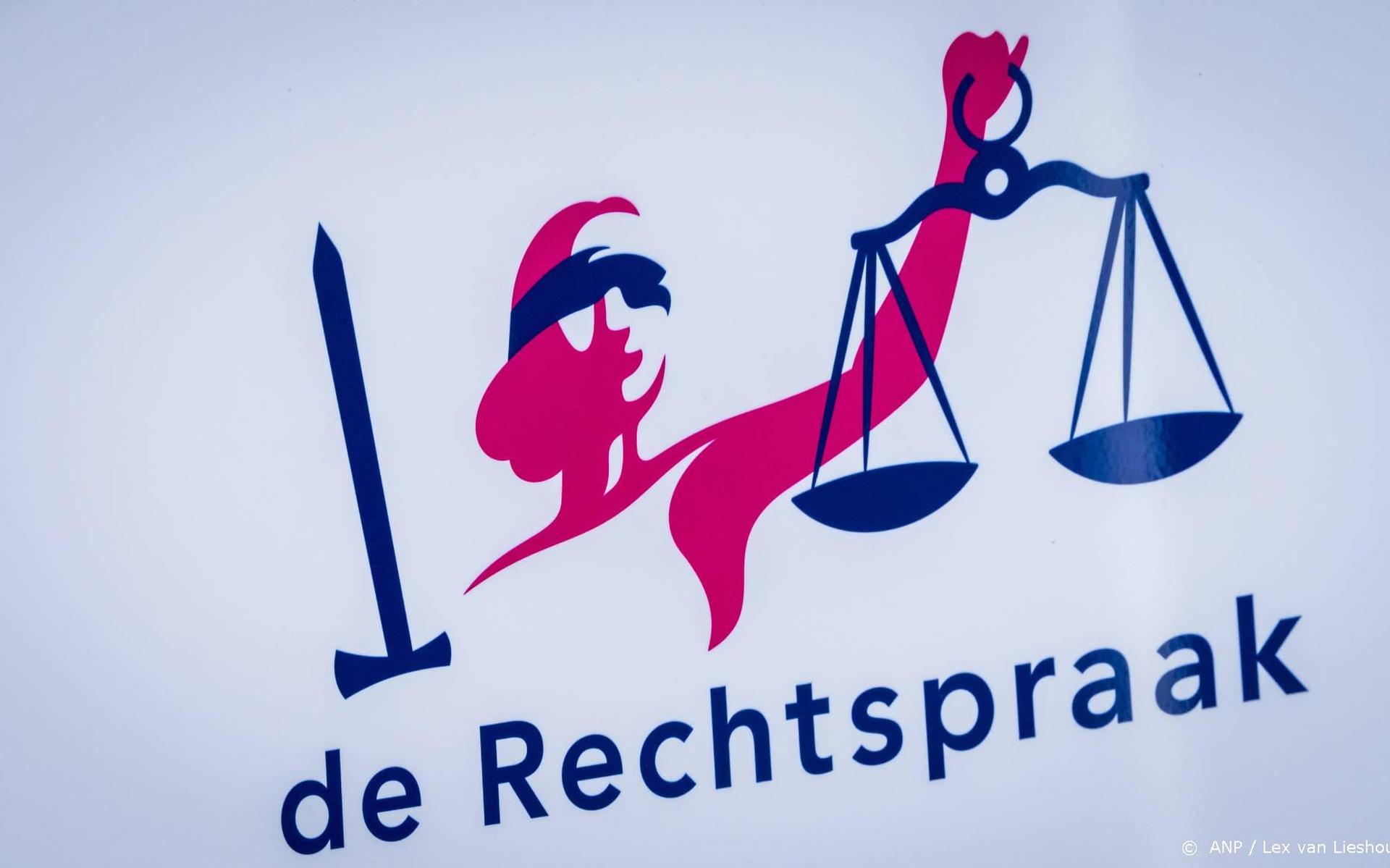Global Defense Spending: Europe's Response To The Evolving Security Landscape

Table of Contents
<p>The war in Ukraine has dramatically reshaped Europe's security landscape, prompting a reassessment of defense priorities and a significant surge in European defense spending. This article analyzes the factors driving this increase, examining the key drivers and exploring the implications for European security and global defense budgets. We will delve into the strategies employed by various European nations to adapt to the new realities and the future trajectory of European defense spending. Understanding the complexities of European defense spending is crucial in navigating the evolving geopolitical landscape.</p>
<h2>The Surge in European Defense Spending: Causes and Consequences</h2>
<h3>The Ukraine War as a Catalyst</h3>
<p>The Russian invasion of Ukraine served as a stark wake-up call, highlighting the vulnerability of European nations and the inadequacy of previous defense budgets. The sheer scale of the conflict and the brutality of the Russian aggression exposed critical weaknesses in European defense capabilities. This increased threat perception led to a rapid increase in defense budgets across many European countries. The previously unimaginable has become a stark reality, forcing a re-evaluation of security strategies and resource allocation.</p>
<ul> <li><b>Poland</b> has significantly increased its defense spending, allocating a substantial portion of its GDP to bolster its military capabilities in response to the direct threat from its eastern border. Estimates place the increase at over 3% of GDP.</li> <li><b>Germany</b>, historically hesitant to engage in significant military spending, has committed to a substantial increase in its defense budget, marking a significant shift in its security policy. Their commitment aims for a 2% GDP allocation to defense.</li> <li><b>The UK</b>, a long-standing NATO member, has maintained a relatively high level of defense spending, further increasing its allocation in response to the evolving security environment. The UK is already exceeding the 2% GDP target.</li> </ul>
<h3>NATO's Role and the 2% GDP Target</h3>
<p>The North Atlantic Treaty Organization (NATO) has long advocated for its member states to allocate 2% of their Gross Domestic Product (GDP) to defense. This target, while not legally binding, serves as a benchmark for measuring a nation's commitment to collective security. The Ukraine war has underscored the importance of meeting this target, emphasizing the need for adequate defense capabilities to deter aggression.</p>
<ul> <li><b>Meeting the Target:</b> Several Eastern European nations, already facing heightened security threats, have consistently met or exceeded the 2% GDP target.</li> <li><b>Approaching the Target:</b> Countries like Germany are actively working towards achieving the 2% target, though facing political and economic challenges in the process.</li> <li><b>Lagging Behind:</b> Some Western European nations continue to lag behind the 2% target, facing internal debates about balancing defense spending with other national priorities. The economic implications often lead to difficult political decisions.</li> </ul>
<h3>Emerging Threats and Technological Advancements</h3>
<p>The security landscape is no longer defined solely by conventional warfare. Emerging threats such as cyber warfare, hybrid warfare, and the proliferation of sophisticated weaponry necessitate a multi-faceted approach to defense. European nations are increasingly investing in new technologies to counter these evolving threats.</p>
<ul> <li><b>Cyber Defense:</b> Significant investment is being made in strengthening cyber security infrastructure and developing advanced cyber defense capabilities to protect critical national assets.</li> <li><b>Artificial Intelligence (AI):</b> AI is playing an increasingly important role in military applications, from improving targeting accuracy to enhancing situational awareness.</li> <li><b>Advanced Weaponry:</b> European nations are investing in the development and procurement of advanced weaponry, including precision-guided munitions and advanced air defense systems.</li> </ul>
<h2>National Defense Strategies and Priorities</h2>
<h3>Differing Approaches Across European Nations</h3>
<p>European nations are adopting varying defense strategies based on their unique geopolitical positions and security concerns. Geographic location, perceived threats, and national capabilities influence the prioritization of defense investments.</p>
<ul> <li><b>Eastern European Countries:</b> Prioritize conventional warfare capabilities due to direct proximity to potential aggressors.</li> <li><b>Western European Countries:</b> May focus more on cyber security and hybrid warfare defense, alongside maintaining conventional forces.</li> <li><b>Coastal Nations:</b> Invest heavily in naval capabilities to protect their maritime interests and sea lanes.</li> </ul>
<h3>Increased Defense Cooperation and Collaboration</h3>
<p>The increased threat environment has fostered a growing trend towards enhanced defense cooperation and collaboration among European nations. Joint military exercises, arms procurement programs, and information-sharing initiatives are becoming increasingly common.</p>
<ul> <li><b>Joint Military Exercises:</b> Regular joint exercises improve interoperability and enhance the ability of European forces to work together effectively.</li> <li><b>Pooling Resources:</b> Collaborative arms procurement programs help reduce costs and improve efficiency by sharing the burden of expensive military equipment.</li> <li><b>Intelligence Sharing:</b> Enhanced intelligence sharing helps improve situational awareness and facilitates a more coordinated response to security threats.</li> </ul>
<h2>The Economic and Social Implications of Increased Defense Spending</h2>
<h3>Budgetary Trade-offs and Opportunity Costs</h3>
<p>The substantial increase in European defense spending has significant economic implications. These increased budgets require careful consideration of opportunity costs, as resources allocated to defense are not available for investment in other essential public services.</p>
<ul> <li><b>Impact on National Debt:</b> Increased defense spending can contribute to higher national debt levels, requiring careful fiscal management.</li> <li><b>Trade-offs with Other Sectors:</b> Increased defense budgets may necessitate reduced spending in other sectors, such as healthcare or education, leading to potential social consequences.</li> <li><b>Economic Growth:</b> The impact on economic growth is complex, with potential for both positive and negative effects depending on how the investments are managed.</li> </ul>
<h3>Public Opinion and Support for Increased Defense Budgets</h3>
<p>Public opinion regarding increased defense spending varies across European nations. Factors influencing public support or opposition include perceived threats, economic conditions, and the government's communication strategies.</p>
<ul> <li><b>Public Opinion Polls:</b> Tracking public opinion through polls provides valuable insights into the level of public support for increased military spending.</li> <li><b>Media Influence:</b> The media plays a significant role in shaping public perception of defense issues and influencing public opinion.</li> <li><b>Government Communication:</b> Clear and transparent communication from governments about the rationale behind increased defense spending is crucial for securing public support.</li> </ul>
<h2>Conclusion</h2>
<p>The surge in European defense spending is a direct response to the evolving security landscape, significantly shaped by the war in Ukraine. The increased investment reflects a renewed focus on national security, strengthened by greater cooperation among European nations. While the economic implications require careful management, the shift in defense priorities highlights a fundamental reassessment of European security strategies. Understanding the drivers behind this increase in European defense spending is crucial for policymakers and analysts alike. To stay updated on the latest developments and analysis concerning European defense spending, continue researching and following reputable news sources and analytical reports. Monitoring future trends in European defense spending will be essential for understanding the future of European and global security.</p>

Featured Posts
-
 Arc Raiders Second Public Test Sign Up Now
May 01, 2025
Arc Raiders Second Public Test Sign Up Now
May 01, 2025 -
 Edwards Game Winning Performance Leads Minnesota Past Brooklyn
May 01, 2025
Edwards Game Winning Performance Leads Minnesota Past Brooklyn
May 01, 2025 -
 Meer Dan Een Jaar Wachten Op Tbs Oplossing Voor De Capaciteitsproblemen
May 01, 2025
Meer Dan Een Jaar Wachten Op Tbs Oplossing Voor De Capaciteitsproblemen
May 01, 2025 -
 Cleveland Guardians Edge New York Yankees Bibee Team Show Resilience
May 01, 2025
Cleveland Guardians Edge New York Yankees Bibee Team Show Resilience
May 01, 2025 -
 Appello Becciu Data Fissata Per Il 22 Settembre
May 01, 2025
Appello Becciu Data Fissata Per Il 22 Settembre
May 01, 2025
